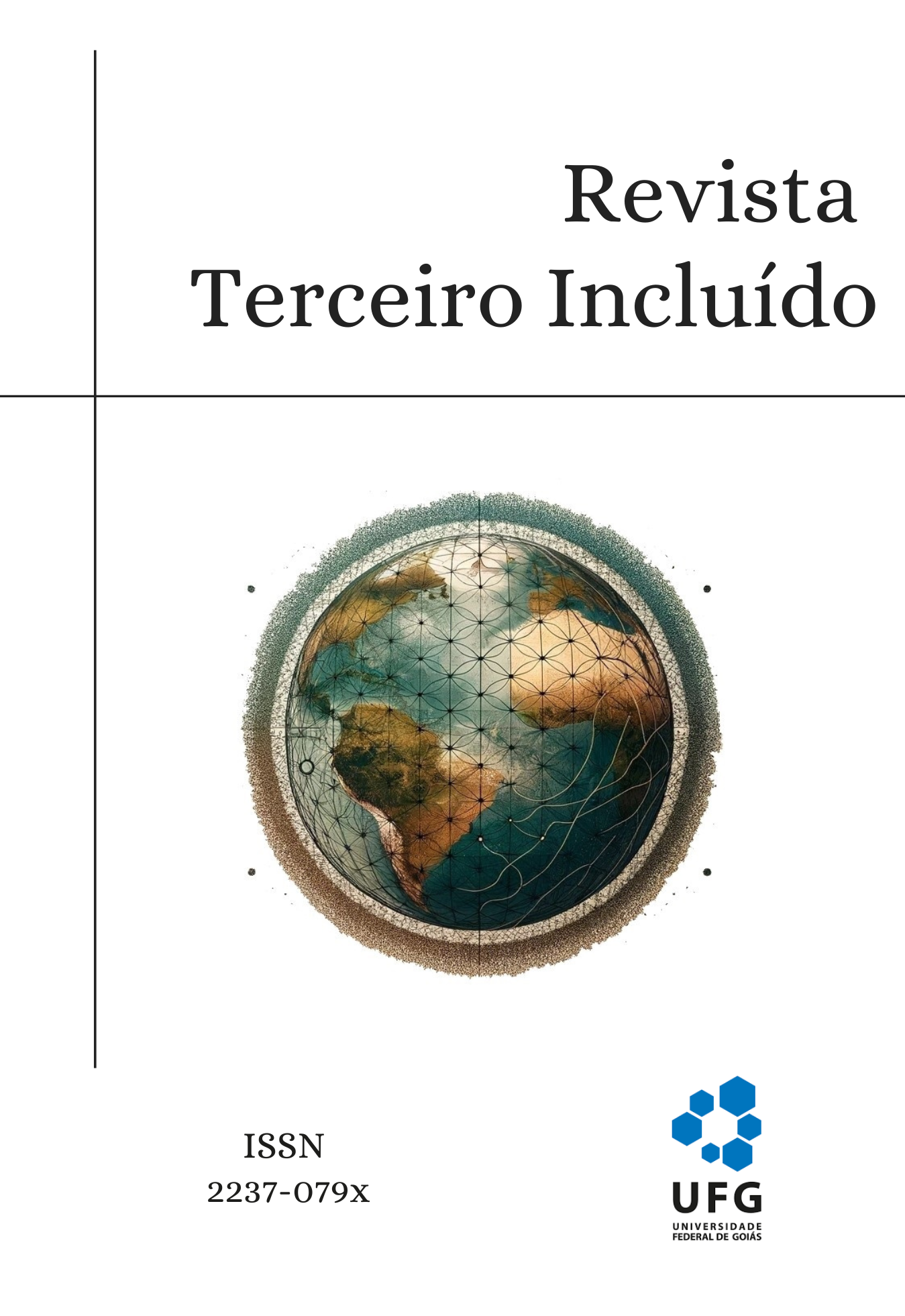O Papel do Terceiro Setor na Promoção da Educação Ambiental
DOI:
https://doi.org/10.5216/teri.v14i1.78873Palavras-chave:
Desenvolvimento sustentável, Educação, Meio ambienteResumo
A obrigatoriedade de promover a Educação Ambiental em todos os níveis de ensino encontra respaldo legal na Constituição Federal de 1988, porém viu-se que a Conferência de Estocolmo, em 1972, surgiu como uma revolução de conceitos e princípios, colocando o Meio Ambiente em maior destaque, em relação à sociedade. Destaca-se o princípio do desenvolvimento sustentável, que consiste na harmonia entre o desenvolvimento econômico e social, respeitando sobretudo, um meio ambiente saudável. A degradação ambiental, direcionada principalmente, por um comportamento cultural e consumista, começa a apresentar níveis catastróficos até então desconhecidos, ou até mesmo, ignorados que necessitam da consciência coletiva direcionada a partir da educação, para assim, ser inibida. Neste sentido, a pesquisa apresenta a educação ambiental como uma importante ferramenta na implantação de uma política ambiental que deve ser direcionada a todos os níveis de ensino. O desenvolvimento da educação ambiental formará um cidadão consciente do seu papel na sociedade, preservando o meio ambiente para as gerações presentes e futuras. A metodologia do artigo baseia-se em análise documental e revisão de literatura, investigando a legislação e a aplicação da Educação Ambiental no âmbito do terceiro setor. Emprega-se também uma abordagem qualitativa para examinar como a educação pode influenciar comportamentos e promover a sustentabilidade, visando a formação de cidadãos conscientes e responsáveis pelo meio ambiente.
Downloads
Referências
BRASIL. Constituição Federal de 1988. Disponível em: http://www.planalto.gov.br/ccivil_03/constituicao/constituicao.htm. Acesso em: 18 abr. 2023.
BRASIL. Lei n.º 9.394/96. Disponível em: http://www.planalto.gov.br/ccivil_03/leis/l9394.htm Acesso em: 20 mar. 2023.
BRASIL. Lei n.º 6.938/81. Disponível em: http://www.planalto.gov.br/ccivil_03/leis/l6938.htm . Acesso em: 20 mar. 2023.
CHALITA, Gabriel. Educação: a solução está no afeto. São Paulo: Editora Gente, 2001.
FIORILLO, Celso Antonio Pacheco. Curso de direito ambiental brasileiro. 7. ed. ver. atual. e ampl. Saraiva: São Paulo, 2006.
HERNANDEZ, Fernando. Transgressão e mudança na educação. Porto Alegre, ArtMed, 1998.
LIBÂNEO, José Carlos. Didática. Coleção magistério: 2º grau. Série formação do professor. São Paulo: Cortez, 2006
LIBERATI, Wilson Donizeti. Direito da criança e do adolescente. São Paulo: Rideel, 2006.
MASSINE, Maiara Cristina Lima. Tráfico de animais silvestres e educação ambiental: a importância da conscientização ecológica para a transição da razão antropocêntrica na cultura brasileira em prol da proteção jurídica da fauna. 2010. 114 p. Dissertação (Mestrado em Direito) – Centro Universitário Eurípides de Marília. Fundação de Ensino Eurípides Soares da Rocha, Marília, 2010.
MAZZA, Alexandre. Manual de direito administrativo. 2. ed. São Paulo: Saraiva, 2012.
MORIN, Edgar. Saberes globais e saberes locais: o olhar transdisciplinar. Rio de Janeiro: Garamond, 2004.
ONU. Declaração de Estocolmo sobre o ambiente humano – 1972. http://www.direitoshumanos.usp.br/index.php/Meio-Ambiente/declaracao-de-estocolmo-sobre-o-ambiente-humano.html Acesso em: 19 de abril de 2023.
POZZOLI, Lafayette. Maritain e o direito. Edições Loyola: São Paulo, 2001.
SACHS, Ignacy. Caminhos para o desenvolvimento sustentável. Rio de Janeiro: Garamond, 2002.
SAVATER, Fernando. O valor de educar. São Paulo: Editora Planeta do Brasil, 2004.
SÈGUIN, Elida. Direito ambiental: nossa casa planetária. Rio de Janeiro: Forense, 2002.
SÉGUIN, Elida; CARRERA, Francisco. Planeta terra: uma abordagem de direito ambiental. 2. ed. Rio de Janeiro: Editora Lumen Juris, 2001.
SOARES, Guido Fernando Silva. As ONGs e o direito internacional do meio ambiente. In: BENJAMIN, Antonio Herman V.; MILARÉ, Edis (org.). Revista de direito ambiental. São Paulo, ano 5, n.º 17, p. 49-71, 2000.
TACHIZAWA, Takeshy. Organizações não governamentais e terceiro setor: criação de ONGs e estratégias de atuação. 4. ed. São Paulo: Atlas, 2010.
UNCED. Conferência das Nações Unidas sobre o Meio Ambiente e Desenvolvimento. Agenda 21. Disponível em: https://www.ecologiaintegral.org.br/Agenda21.pdf Acesso em: 23 de março de 2023.
Downloads
Publicado
Como Citar
Edição
Seção
Licença
Copyright (c) 2024 Rodolfo Fares Paulo, Agnéia Luciana Lopes de Siqueira

Este trabalho está licenciado sob uma licença Creative Commons Attribution-ShareAlike 4.0 International License.











